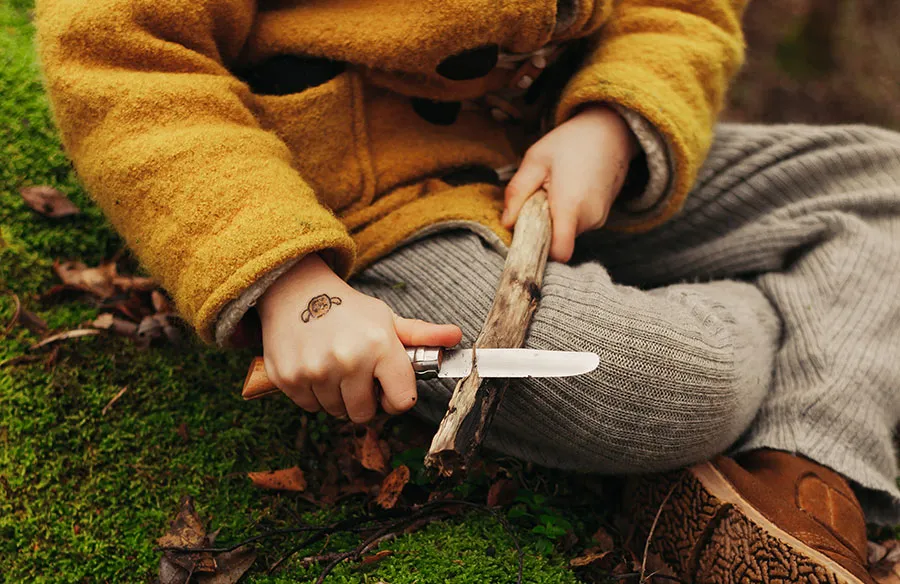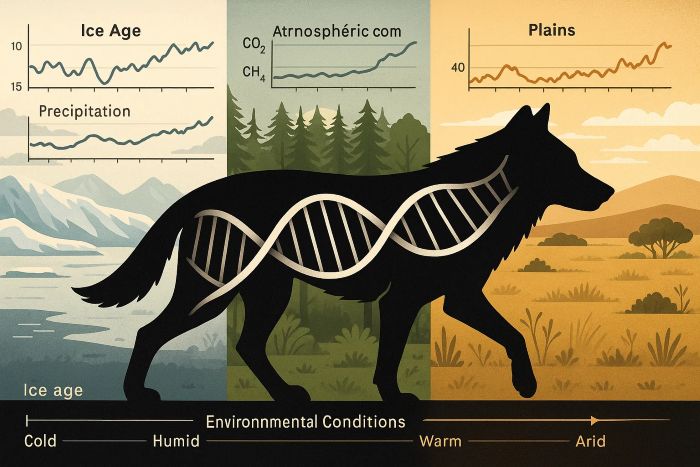Knives and Tools for Outdoor Survival and Enjoyment
The great outdoors offers a vast playground for adventure and exploration. Whether you’re embarking on a rugged survival expedition or a casual camping trip, having the right knives and tools is essential for both safety and enjoyment. Here we will discuss the various types of knives and tools that are indispensable for outdoor enthusiasts, highlighting their purposes, features, and proper usage.
The Importance of Knives in the Wild
Types of Knives
- Fixed Blade Knives: Known for their sturdiness, fixed blade knives, like those from CRKT Knives, are a top choice for survival situations. They lack moving parts, making them more reliable and easier to clean. Ideal for heavy-duty tasks like wood splitting or game processing.
- Folding Knives: Compact and safe to carry, folding knives are perfect for everyday carry. While not as robust as fixed blade knives, they are convenient for quick tasks like cutting rope or preparing food.
- Multi-Tools: These Swiss Army-like knives are versatile, integrating various tools like scissors, can openers, and screwdrivers alongside a knife blade. They are invaluable for tackling a myriad of small tasks around the campsite.
Choosing the Right Knife
- Blade Material: Common materials include stainless steel (resistant to rust) and carbon steel (holds a sharper edge longer but is prone to corrosion).
- Handle Ergonomics: Comfortable grip and durability are key. Materials range from synthetic polymers to natural wood.
- Size and Weight: Balance between functionality and portability based on your activity needs.
Essential Outdoor Tools
Beyond knives, several tools are vital for outdoor survival and enjoyment:
1. Axes and Hatchets
Ideal for chopping firewood and clearing campsites. A good axe is durable with a comfortable handle and a well-balanced head.
2. Saws
Compact folding saws are great for cutting through branches and logs for shelter building or fire preparation.
3. Shovels
A folding shovel can be a lifesaver for digging latrines, fire pits, or even extracting vehicles stuck in mud.
4. Fire Starters
From flint and steel to waterproof matches, having a reliable way to start a fire is crucial for warmth, cooking, and signaling for help.
5. Navigation Tools
GPS devices are handy, but traditional compasses and maps are indispensable when batteries die or signals are lost.
The Role of Knives and Tools in Outdoor Safety
Emergency Preparedness
A well-equipped knife can be used for first aid (cutting bandages), signaling for help (as a reflective surface), or in worst-case scenarios, for self-defense.
Food Preparation
From cleaning fish to slicing vegetables, a good knife makes meal preparation easier and safer in the wilderness.
Shelter Building
Knives and saws are instrumental in cutting and shaping materials for shelter, a fundamental survival necessity.
Maintenance and Care of Outdoor Knives and Tools
Cleaning
After each use, clean your tools to prevent rust and deterioration. This is especially important for knives and tools used in food preparation or those exposed to saltwater.
Sharpening
Regular sharpening ensures your knives and tools are effective and safe to use. A dull tool can be more dangerous, as it requires more force and can lead to accidents.
Storage
Store your tools in a dry, cool place. Leather sheaths can retain moisture, so consider alternative storage options.
Ethics and Responsibility
While knives and tools are essential, they must be used responsibly. Respect wildlife and vegetation, and adhere to the principles of Leave No Trace to minimize your impact on the environment.
Conclusion:
Knives and tools are more than just accessories for the outdoors; they are vital companions that enhance safety, efficiency, and enjoyment. By understanding the types, uses, and care of these tools, outdoor enthusiasts can ensure they are well-prepared for any adventure. Whether it’s for survival or leisure, the right tools can make all the difference in your outdoor experiences.







